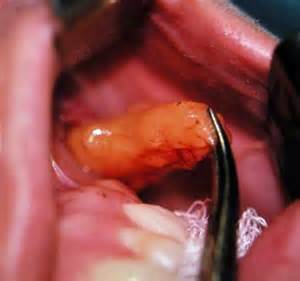Can Fat Return After A Buccal Lipectomy?
Q: Dr. Eppley, I had buccal fat pad removal (buccal lipectomy) recently and am already seeing positive results. I can see my strong cheekbones a lot more. However, there are parts of my face that still display bits of fullness. Based on your responses to other questions, it appears I still have some perioral mounds. I am considering liposuction in this area. However, my concerns are a return of fat after treatment. I’ve read different online opinions that indicate fat can return after liposuction. As such, my questions are:
1. If I get liposuction on my perioral mounds will the fat go back to my buccal fat pads to compensate for the fat loss in my perioral mounds?
2. If I choose not to get liposuction on my perioral mounds, but either gain some weight, or stay the same weight, will my buccal fat pads eventually return? From what I recall, I had my surgeon take out as much buccal fat as possible, but the temporal part was of course left alone. Can buccal fat regenerate?
3. Lastly, I am also considering some type of laser resurfacing procedure for acne scarring but I am worried the regeneration of new skin cells promoted by these laser procedures will bring my buccal fat pads back. Is this possible?
 A: When it comes to liposuction, you have to separate face and body liposuction as the long-term results can be quite different. This is especially true for the unusual buccal lipectomy procedure. To answer your specific questions:
A: When it comes to liposuction, you have to separate face and body liposuction as the long-term results can be quite different. This is especially true for the unusual buccal lipectomy procedure. To answer your specific questions:
- Once the buccal fat pads are removed, they will never come back. A buccal lipectomy is the most unusual of all fat removal procedures in the body as it is a total glandular excision not subtotal fat extraction. Fat only returns in the body by cell hypertrophy not new fat cell growth.
- Buccal fat cells, like almost all fat cells in the body, do not regenerate or make new cells. Only the residual or existing cells can get bigger.
- A skin laser treatment will have no effect on the deeper underlying fat in terms of ever promoting fat cell hypertrophy or fat cell replication.
Dr. Barry Eppley
Indianapolis, Indiana

North Meridian Medical Building
Address:
12188-A North Meridian St.
Suite 310
Carmel, IN 46032
Contact Us:
Phone: (317) 706-4444
WhatsApp: (317) 941-8237
